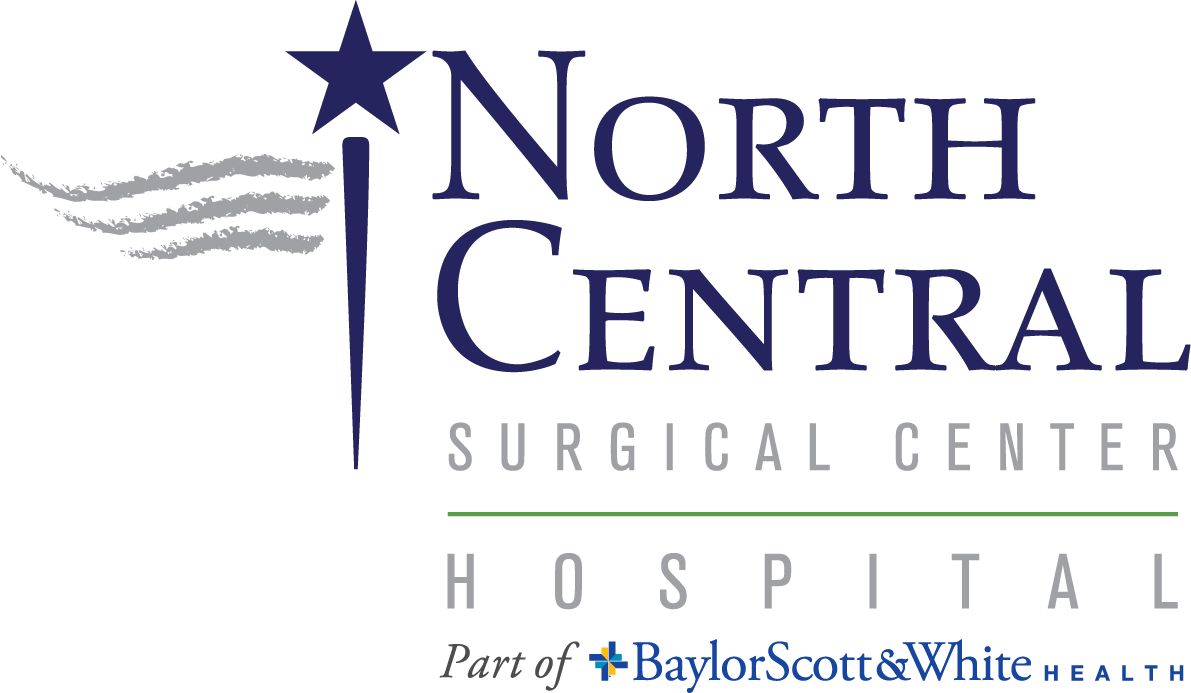 For athletes, keeping your body healthy is one of the most important parts of staying on top of your game. Most athletes are tuned in to pain in their muscles, joints, and bones. But they may forget a crucial organ that often takes a lot of abuse: the brain.
For athletes, keeping your body healthy is one of the most important parts of staying on top of your game. Most athletes are tuned in to pain in their muscles, joints, and bones. But they may forget a crucial organ that often takes a lot of abuse: the brain.
According to the Neurological Surgery Department at University of Pittsburgh, more than 300,000 Americans experience sports-related concussion each year. Athletes in all contact sports have a 20% likelihood of sustaining a concussion during play, but that number can increase depending on the level of contact in each sport.
A concussion is a serious brain injury, according to the Centers for Disease Control. Commonly referred to as “getting your bell rung,” a concussion results in headaches, memory loss, and light sensitivity. If left untreated, concussions could have severe long-term effects.
Athletes in contact sports are more likely to be concussed, but all athletes are at risk, especially when they’re young. Sports are the second-leading cause of brain injury in children and young people, led only by car crashes. Football players are the most likely to be injured, accounting for 29% of concussion-related emergency room trips.
But football is not the only culprit. The Sports Concussions Institute found that female soccer players are at a 50% risk of a head injury, and basketball accounts for about 16% of youth concussion emergency room visits. Baseball and softball resulted in 13% of concussion-related hospital admittance. Regardless of the sport, if an athlete takes a blow to the head, it’s important that they be evaluated for concussion symptoms and sit out of the game until they have been cleared.
Younger athletes are more likely to suffer concussions than their adult counterparts. A recent study by The Institute of Medicine and National Research Council found that school-aged athletes are at a much higher risk of concussion than even college athletes.
Repeated concussions can have serious lasting effects, including mental illness and memory loss. Teenagers and young adults are especially vulnerable to these conditions, making early detection and treatment essential. If you or your child is showing symptoms of a concussion, seek medical care immediately.
It’s impossible to prevent all concussions, but it is crucial for athletes to understand the risks and how to treat this common yet serious brain injury. It’s much better to prevent the long-term effects of a concussion than to try to treat them after it is too late.
